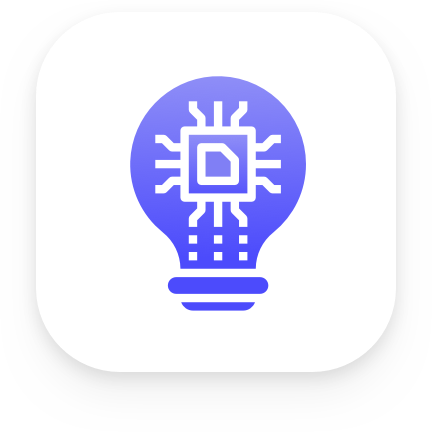Comments
There's unfortunately not much to read here yet...
Historically, the pursuit of efficient inference has been one of the driving forces behind research into new deep learning architectures and building blocks. Some recent examples include: the squeeze-and-excitation module, depthwise separable convolutions in Xception, and the inverted bottleneck in MobileNet v2. Notably, in all of these cases, the resulting building blocks enabled not only higher efficiency, but also higher accuracy, and found wide adoption in the field. In this work, we further expand the arsenal of efficient building blocks for neural network architectures; but instead of combining standard primitives (such as convolution), we advocate for the replacement of these dense primitives with their sparse counterparts. While the idea of using sparsity to decrease the parameter count is not new, the conventional wisdom is that this reduction in theoretical FLOPs does not translate into real-world efficiency gains. We aim to correct this misconception by introducing a family of efficient sparse kernels for ARM and WebAssembly, which we open-source for the benefit of the community as part of the XNNPACK library. Equipped with our efficient implementation of sparse primitives, we show that sparse versions of MobileNet v1, MobileNet v2 and EfficientNet architectures substantially outperform strong dense baselines on the efficiency-accuracy curve. On Snapdragon 835 our sparse networks outperform their dense equivalents by 1.3−2.4x -- equivalent to approximately one entire generation of MobileNet-family improvement. We hope that our findings will facilitate wider adoption of sparsity as a tool for creating efficient and accurate deep learning architectures.
There's unfortunately not much to read here yet...
Ever having issues keeping up with everything that's going on in Machine Learning? That's where we help. We're sending out a weekly digest, highlighting the Best of Machine Learning.
 Best of Machine Learning
Best of Machine Learning
Discover the best guides, books, papers and news in Machine Learning, once per week.